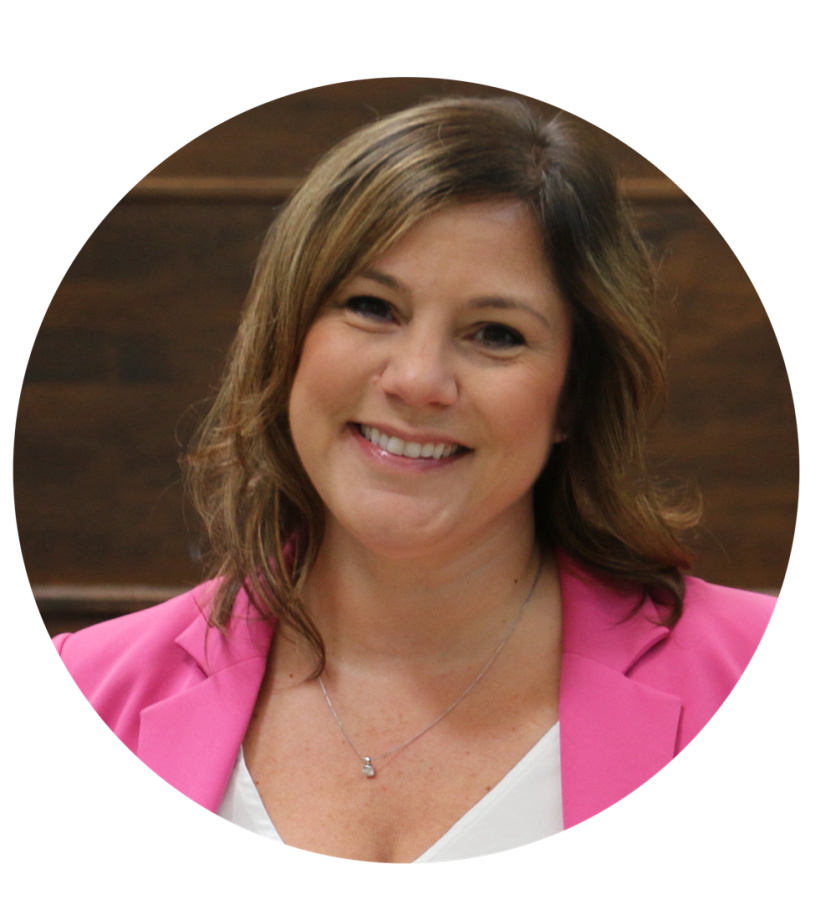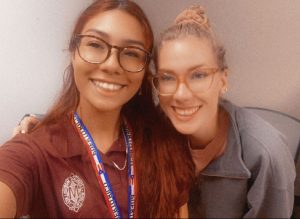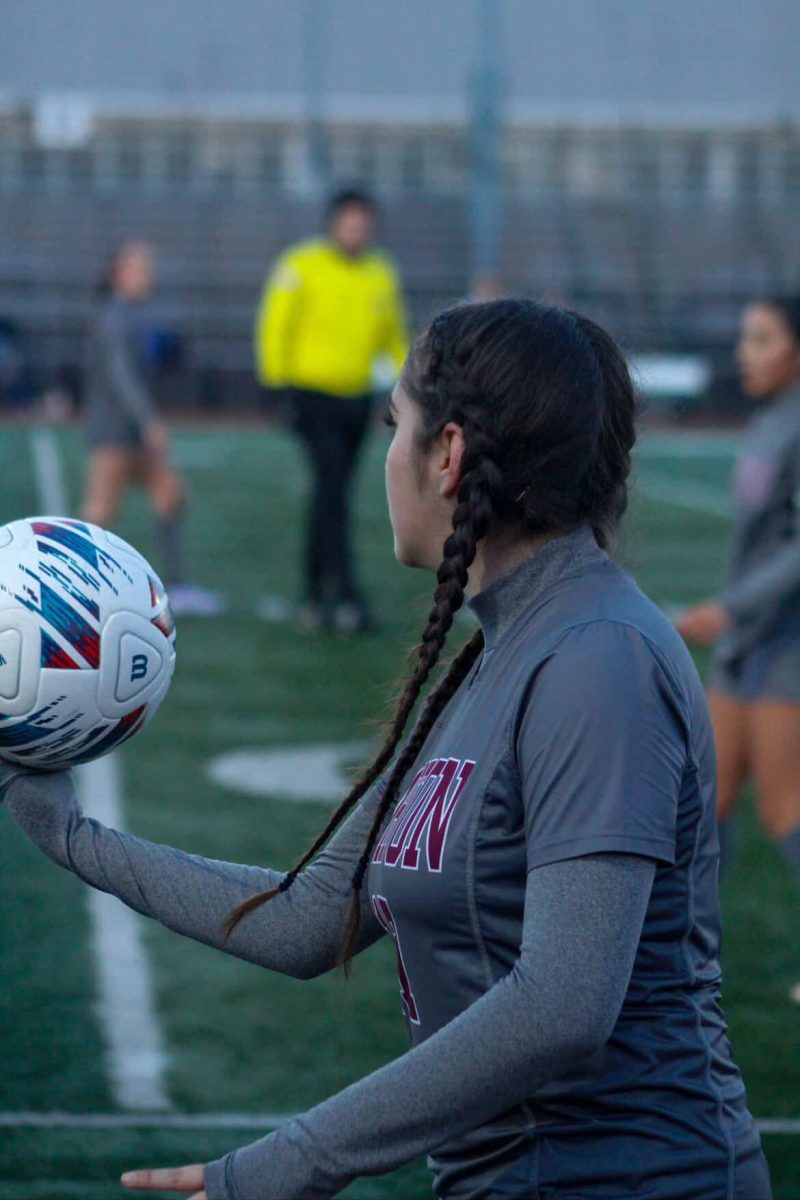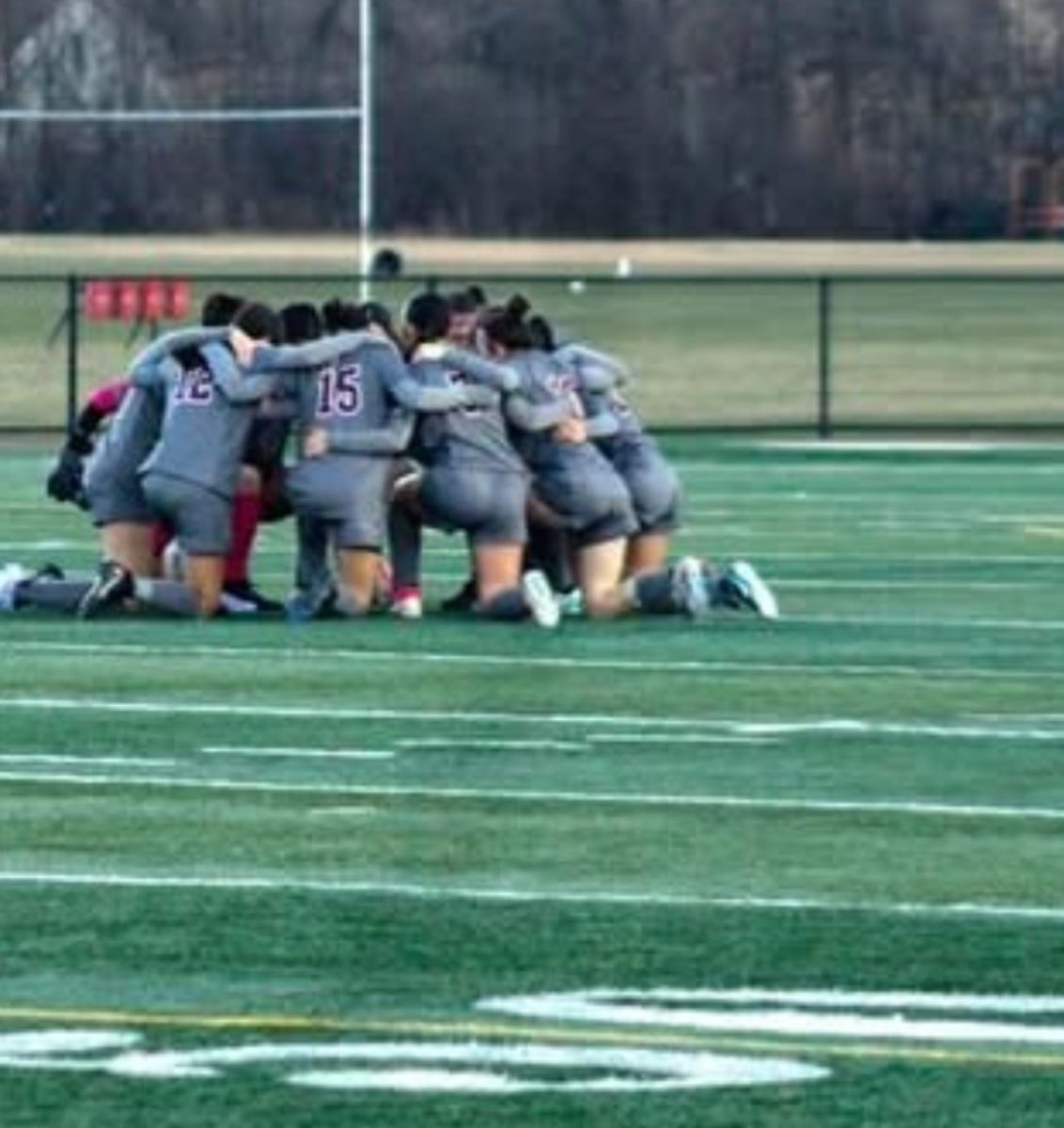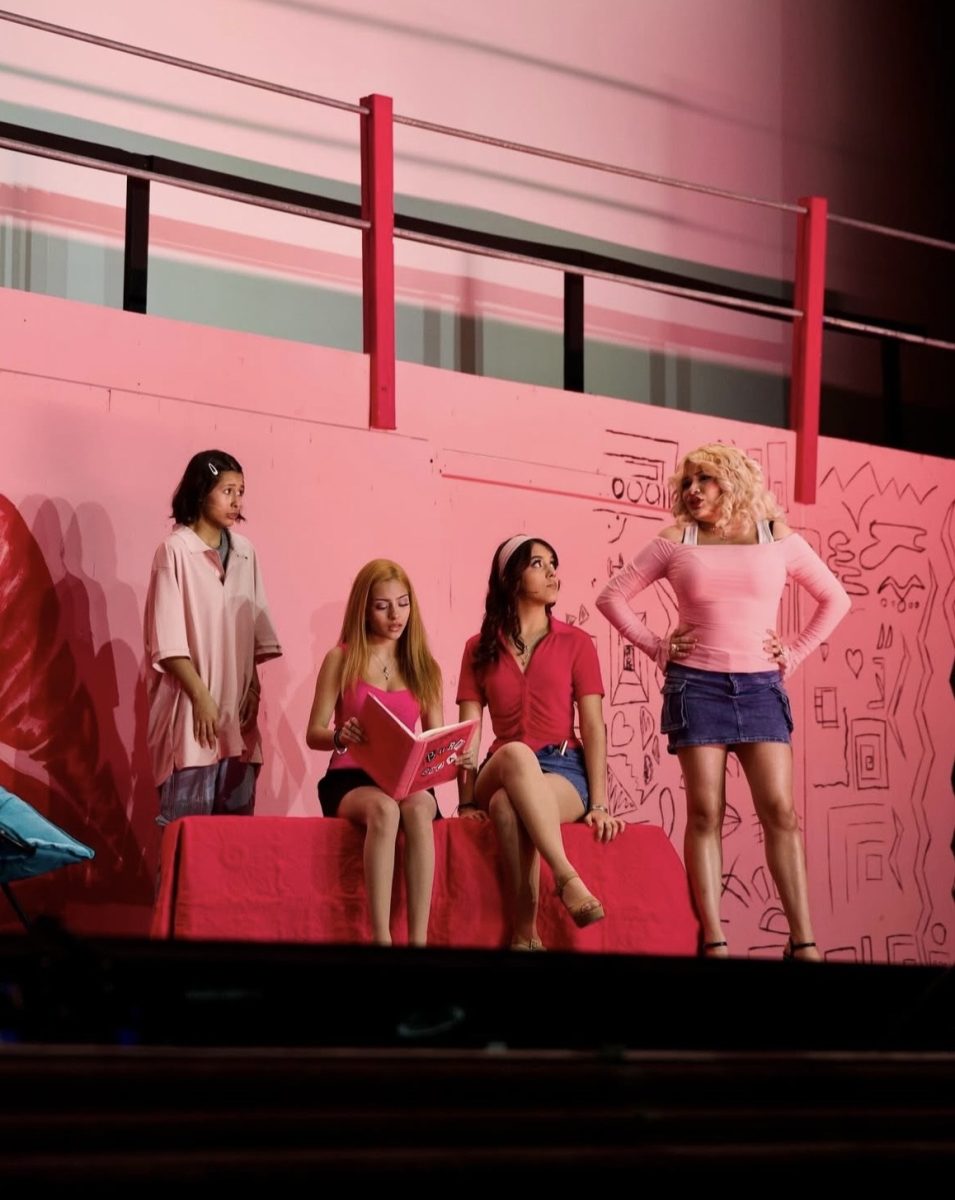Kristy Cavanaugh
February 23, 2023
“What made you go into the field of education?”
I originally was planning to be an anthropologist or sociologist, so I started taking some classes. I decided that I would be interested in teaching social science. My mom was a teacher, and that’s how I made myself shift during my sophomore year of college from what I originally thought, political science and anthropology, to where I am: education.
“What was your path to becoming principal?”
I started as a teacher for nine years. I taught at the Morton alternative school in Cicero. That is where my first teaching job was right out of high school. I taught history and then I came to Morton West as a dean of students for two years in 2009, after I had gotten my type 75. I had to get a teaching certification first, then I did a master’s program where I did a type 75. It was an educational leadership program. I finished that degree in 2004, but I held on to it more for a while until I felt ready to move from the classroom to not working with kids every day directly. I didn’t feel like I was in a big rush to do that until 2009. Then I moved to the area of operation, where I was the assistant principal of the system of operations, which is a lot of behind-the-scenes work. For everything that happens in a school behind the scenes, you can give the credit to the people in the operations department. I enjoyed the master scheduling role, but that job is even more limiting in interaction with kids (or anything) on a wider scale. Then the principal job opened up. I felt like it was the next level for me to challenge myself to move from behind the scenes to something where I would have more interactions with more people. Now it is my third year at Morton West as a principal.
“What inspired you to become a leader?”
I feel like you’re always going to be a leader at different points in your life. so in the classrooms, you work with students that have to impact things on your environmental scale or where you are at on that point but then as I to the educational leadership classes I found that there were a lot of ways you can impact a lot of things, show students, family and people in the community that you want to be part of making positive change and impacts so I think for me that was what I thought that moving into a leadership role would be.
“Do you think your leadership style is different from a male in leadership?”
I am Morton West’s first female principal, and I’ve seen many more women in leadership roles than I have seen in a long time. Sitting at the table, there always wasn’t a lot of women. I think the typical communication style of women is different than that of men. By that, I don’t mean the ability to lead is different, but rather the way in which you lead and manage relationships. As a woman, some of these things just come naturally to me.



